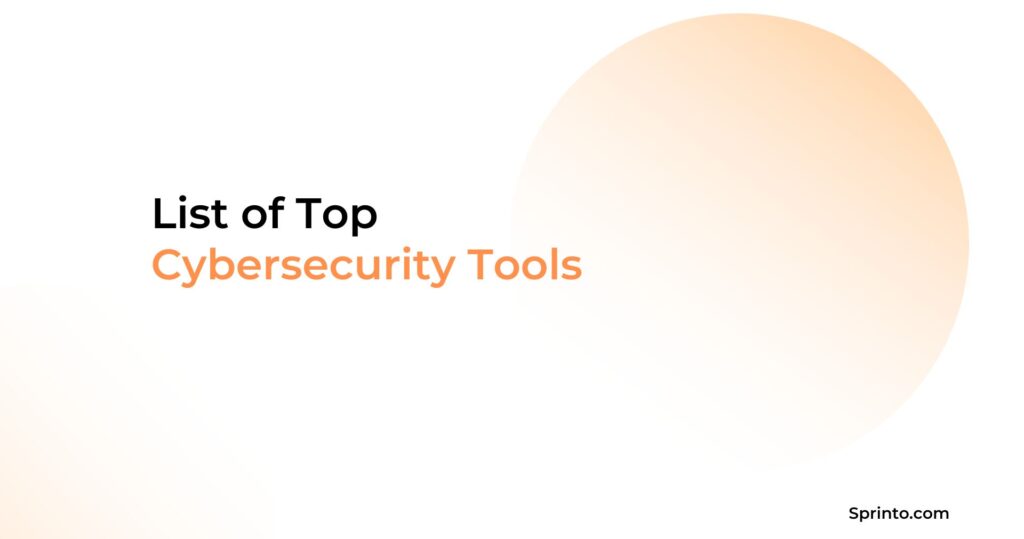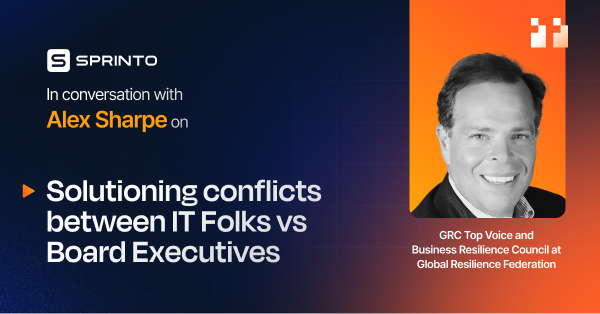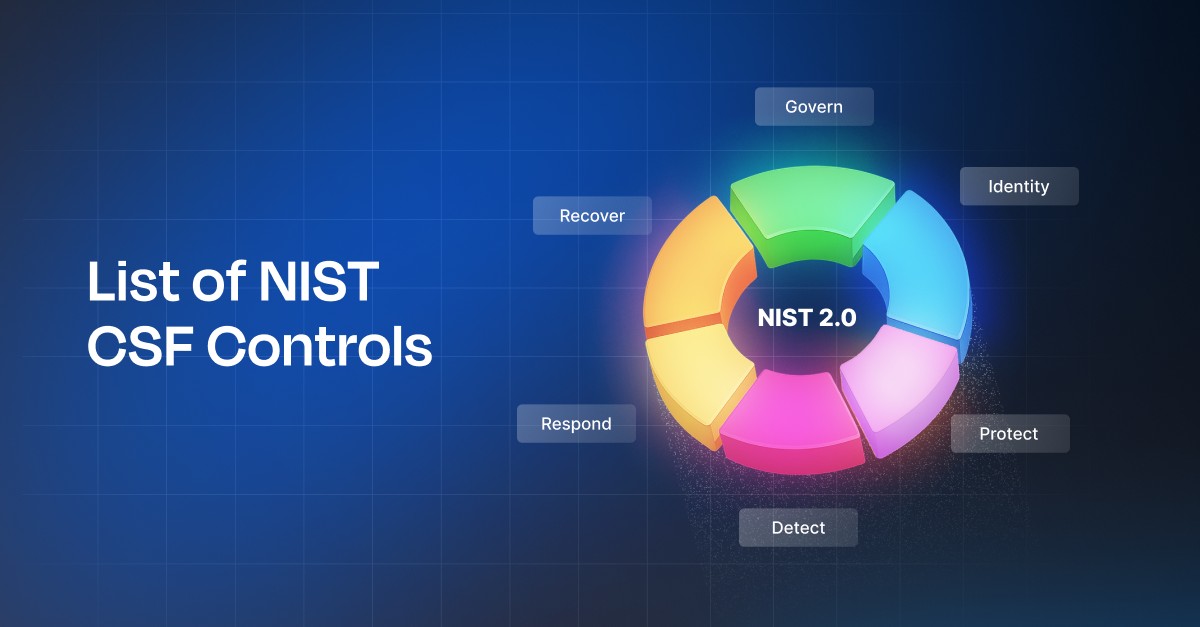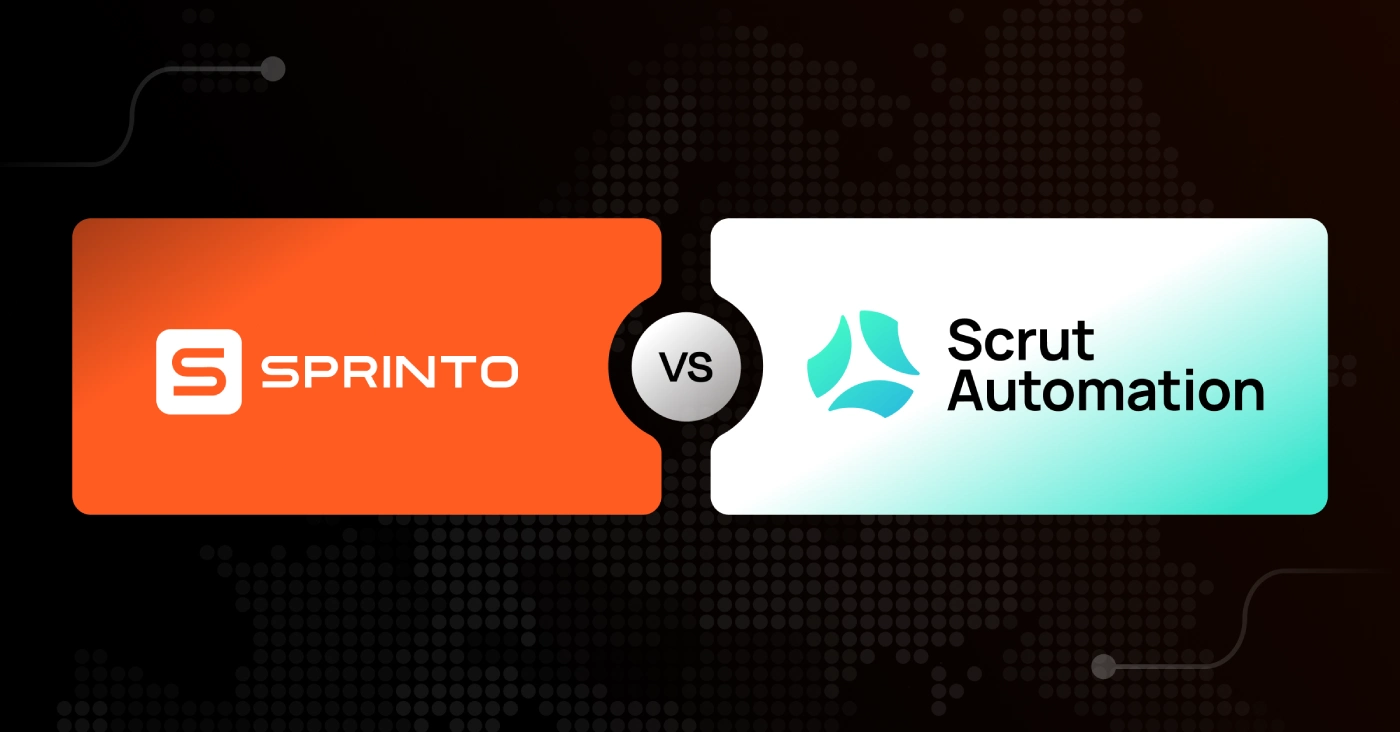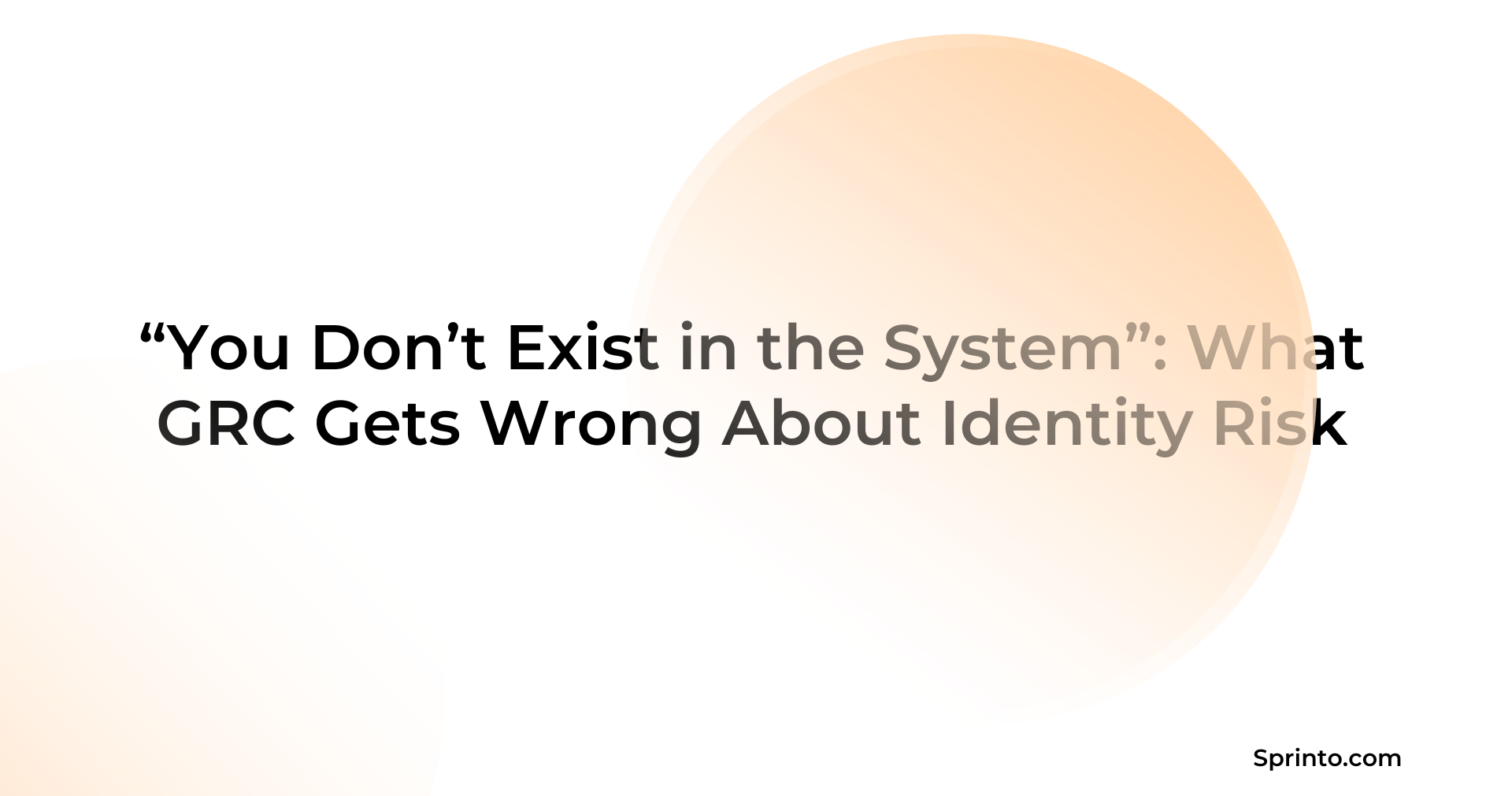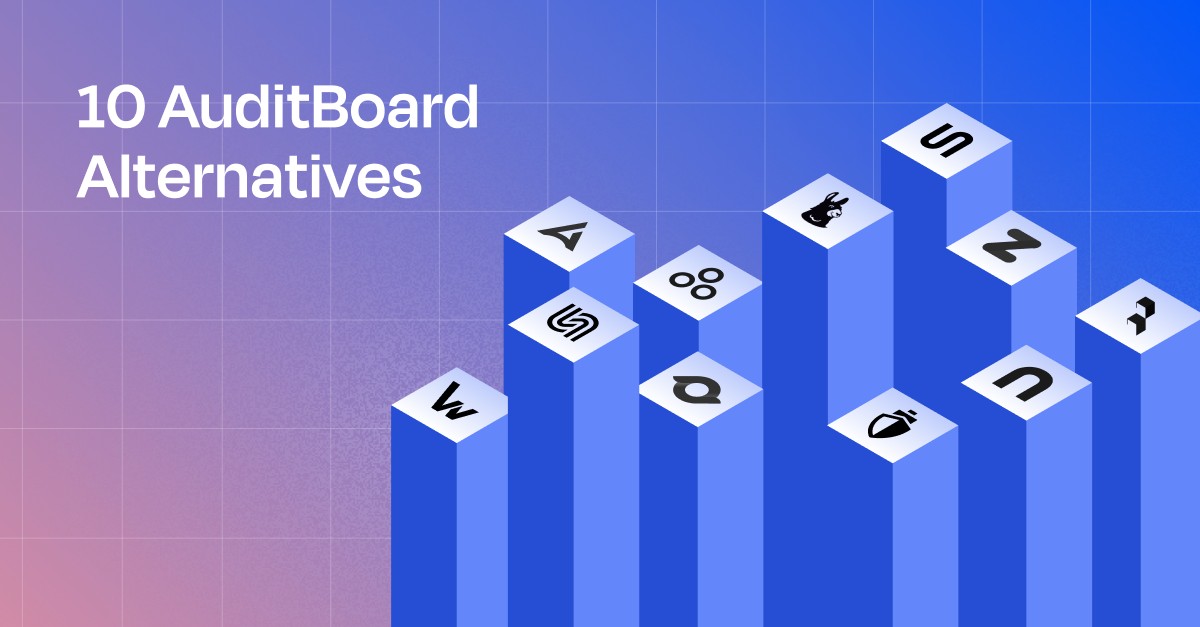What Does A Compliance Manager Do?
Meeba Gracy
Oct 09, 2024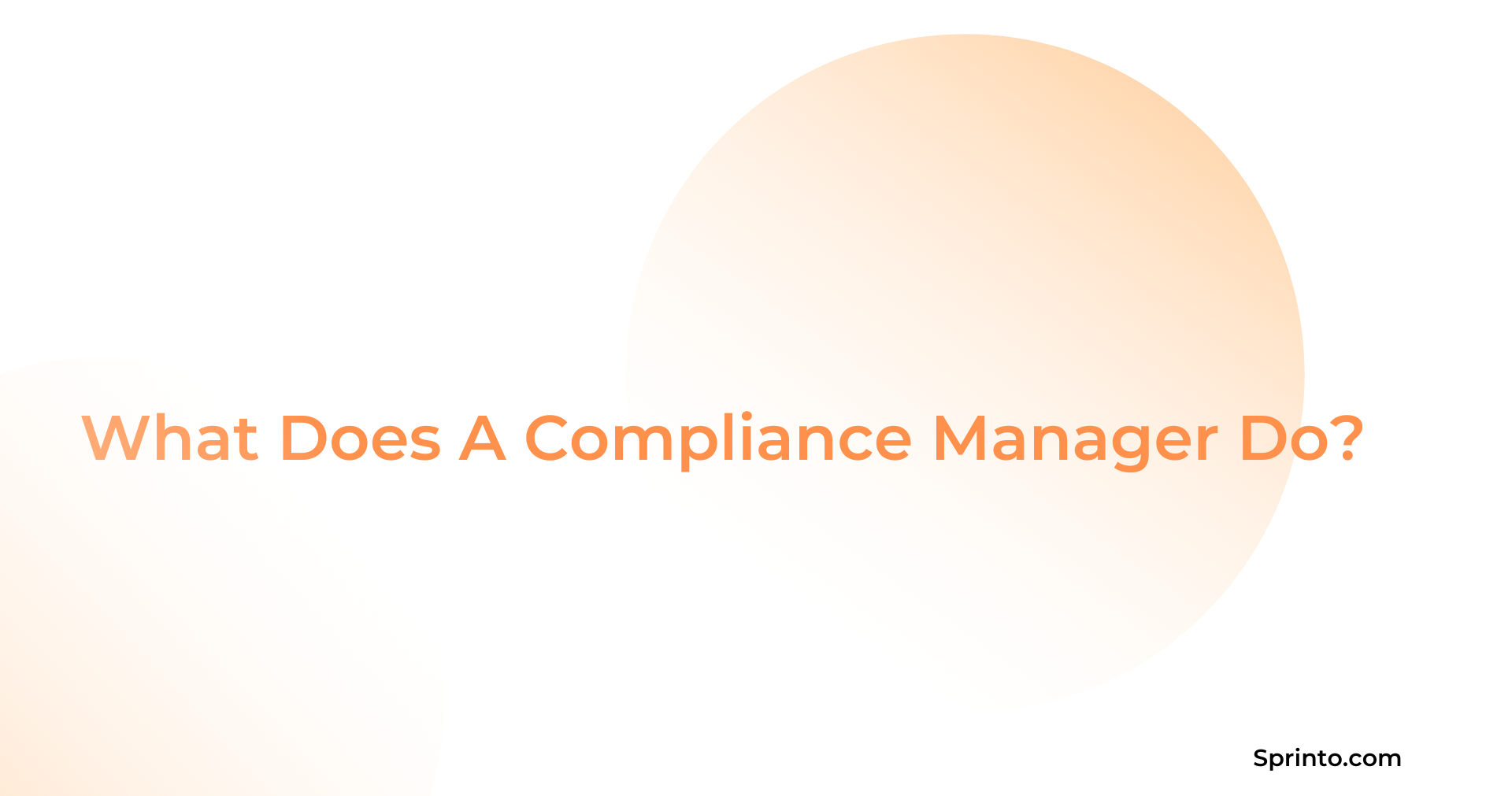
Have you ever wondered what keeps businesses on the right side of the law?
Behind every successful company that stays compliant with cybersecurity regulations like GDPR, HIPAA, or PCI DSS, there’s a compliance manager working quietly behind the scenes.
They’re the ones who have to wade through a maze of legal requirements, paperwork, meetings, and documents and ensure that every policy, process, and practice aligns with the latest standards.
But what exactly do they do, and how do they stay ahead in a world where regulations change at the drop of a hat? Let’s explore understanding compliance management through the eyes of compliance managers.
TL;DR
| Compliance managers are responsible for developing and overseeing security policies and procedures, ensuring compliance with industry standards and various regulations. |
| The main role of a compliance manager includes developing, maintaining, and communicating the organization’s information security policies and compliance procedures. |
| A compliance manager should have various skills, including risk management, communication, legal knowledge, and regulatory compliance processes. |
Compliance Manager: Who are they?
Compliance managers are the custodians of a business’s compliance. They develop and oversee security policies and procedures, ensuring compliance with industry standards, regulations, and laws. They also play an important role in ensuring that any breaches do not impact business continuity and are fended off.
The Critical Roles and Responsibilities of a Compliance Manager
Compliance managers are tasked to make sure that a business, its employees, and projects are all following the right regulations. This could cover anything from cybersecurity, health, environmental, legal, or quality requirements.
Hence, the roles and responsibilities are key to ensuring an organization follows all the regulations and stays on track. When we discussed this with our internal compliance expert Varenya Penna, “Behind every compliant organization is a Compliance Manager who ensures that every detail aligns with the law.”
They handle tasks like running compliance programs, managing audits, and dealing with potential risks. Now, there are more to it than these responsibilities, and they are:
- Develops, maintains, and communicates the organization’s information security policies and procedures.
- Directs and oversees the assessment, selection, implementation, and maintenance of information security tools and technologies.
- Evaluates new or updated industry regulations to ensure continued compliance.
- Enforces information security controls and investigates/responds to security incidents.
- Oversees all business operations related to compliance.
- Designs and manages control systems to address compliance violations.
- Supervises the compliance team, ensuring adherence to internal policies and regulations.
- Delivers employee training on compliance issues, keeping the workforce informed and compliant.
- Acts as a liaison between IT and other functions, such as legal, during information security events or incidents.
- Provides support for annual compliance audits, compliance checklists, attestations, and certification programs (e.g., GDPR, ISO 27001).
- Manages ISO 9001 and 27001 audits and is the point of contact for all related inquiries.
- Ensures all employees are updated on the organization’s compliance policies, regulations, and processes.
- Resolves employee concerns regarding legal risks and compliance issues.
- Advises management on implementing and improving compliance programs.
- Revises rules, reports, and procedures regularly to identify and mitigate risks.
Automate your compliance effortlessly
The Pillars of Compliance: Key Requirements for Becoming an Exceptional Compliance Manager
Compliance managers have certain requirements that they need to adhere to lead with confidence. However, there are a few key things you need to bring to the table:
- Hands-on cybersecurity experience: You should have experience enforcing and overseeing cybersecurity controls, particularly in an operations setting.
- Relevant education: It is very important that an individual possess a degree in cybersecurity, IT, or a related field.
- Standards expertise: You must be familiar with IS0 27001 and IEC 62443 standards.
- Audit experience: Given the firm’s nature, you should be conversant with internal and external audits and how to manage them, and you should also be able to deal with compliance evidence.
- Operational technology focus: Ideally, one should have some experience and a great passion for cybersecurity management in operational technology, where the key aim is asset availability.
- Self-driven: You should be able to work independently, though you should be able to address the goals and targets of the OT Compliance and Security team.
- Industry knowledge: You need to stay abreast of the changes that may come with the industry’s growth, laws, and many other emerging regulations.
- Problem-solving skills: Strong analytical and problem-solving abilities are a must.
Essential Skillsets of a Compliance Manager
A compliance manager should have a variety of essential skill sets. This is according to our internal compliance experts, who have helped other companies hire a compliance manager when they asked for directions. The skills include:
1. Risk management
The best risk managers often operate in the shadows, quietly ensuring that potential threats never see the light of day. Their work goes unnoticed because they prevent issues before they even have a chance to disrupt the business.
But then, one day things go wrong—a server crashes, a data breach occurs, or an executive’s laptop goes missing. Suddenly, all eyes are on the risk management team. That’s when their behind-the-scenes efforts come into focus, revealing how much they’ve been protecting the organization.
Some of the skills included in this are:
- You need to assess the company’s operations to spot any potential risks related to non-compliance, whether that’s cybersecurity threats, regulatory violations, or operational weaknesses.
- This requires strong analytical skills and a deep understanding of both the business and the relevant compliance standards.
- Once risks are identified, it’s crucial to evaluate their potential impact and likelihood. Not all risks are equally severe, so you’ll need to prioritize them effectively.
- Understanding which risks could cause the most harm ensures that you address the most critical issues first.
2. Regulatory compliance
Compliance officers must be like detectives, constantly digging into which laws and complex regulations apply to their organization and how to apply them in the best possible manner.
You have to uncover potential risks, identify how they might impact the business, and figure out the best way to address them.
Moreover, if your industry has a regulatory authority, consider their website a treasure trove of vital information. Regularly visiting it can reveal changes in compliance that might otherwise slip through the cracks.
3. Communication skills
This one’s a given—strong communication skills are a must. A compliance manager needs to be able to explain rules and relevant regulations clearly so that everyone in the company understands what’s required of them.
4. Legal compliance
A survey from December 2022 by EQS Group found that 40% of FTSE compliance executives have a background in law. This shows just how important it is to have a solid grasp of legal best practices, guidelines, and corporate governance when managing compliance.
Get compliant faster and smarter
What to Look for When Hiring a Compliance Manager
When hiring a compliance manager, you want to ensure you’re bringing on someone who’s qualified and truly fits your organization. Here’s a guide to help you find the perfect match:
1. Craft a clear role picture
Start by sketching out what you need from this role. What specific responsibilities will the compliance manager handle? What are the key goals and challenges they’ll tackle in your organization?
2. Seek relevant experience
Look for candidates who have a solid background in compliance management. Experience with specific legal standards like ISO 27001, data protection regulations like GDPR, or industry-specific guidelines can be particularly valuable.
3. Check their academic credentials
A degree in law, cybersecurity, or a related field is often a good indicator of in-depth knowledge. It helps ensure they have the background needed to expand on the regulatory requirements.
4. Assess their risk radar
You’ll want someone who can spot and manage compliance risks before they become major issues. Look for candidates who can show the drive to prevent and address compliance issues in the face of mayhem.
5. Excellent communication skills
Make sure they can explain complex rules and industry-specific regulations in a way that everyone in your company can understand. Clear communication is essential for keeping everyone on the same page.
6. Legal know-how matters
A good grasp of legal practices and corporate governance is crucial. Candidates with a legal background or strong legal knowledge can bring valuable insights to the table. Some of the exercises you can do to understand the knowledge check for legal know-how are:
- Ask scenario-based questions to test how well the candidate can interpret and apply legal knowledge to real-life situations.
- Verify that the candidate is familiar with the key regulations relevant to your industry, such as HIPAA, GDPR, PCI DSS, or others, by asking pointed questions.
- Test the candidate’s ability to use legal knowledge to mitigate risks. Ask something like, “A company is facing potential fines due to non-compliance with industry regulations. How would you approach mitigating legal risks and avoiding penalties?”
7. Verify with references and certifications
Check their references to confirm past performance and look for certifications like Certified Compliance & Ethics Professional (CCEP) or Certified Information Systems Auditor (CISA) to add more credibility.
8. To know about compliance tools
IT Compliance managers need to be well-versed in compliance tools that help streamline their work and keep everything organized. A good compliance tool should provide visibility into real-time compliance status, make managing policies easier, and help with audit readiness.
To validate this, make sure to ask the compliance managers if they have used tools like Sprinto. It automates the complex parts of compliance, from monitoring security controls to tracking employee training, and keeps everything audit-ready. Sprinto takes the pressure off, allowing the compliance managers to focus on the bigger picture and not focus on repetitive tasks.
How Sprinto Empowers Compliance Managers with a Viable Solution
The labyrinth of regulatory language can be a real headache for tech companies. The broad scope and intricate details make it incredibly tough to launch compliance programs that actually reduce risk and boost security. This is why many companies turn to a Compliance Manager who can expertly sail the entire business process.
But what if you could streamline this process with the help of GRC automation software? That’s where Sprinto comes into play.
Tech companies worldwide are using Sprinto to supercharge their security compliance efforts and easily pass audits.
Now, Sprinto doesn’t replace the need for a Compliance Manager, but it does peel back the layers of complexity, reduce the workload, and help them achieve compliance lightning fast. Imagine having a GRC automation platform that takes over the heavy lifting, freeing up your Compliance Manager’s time and reducing stress.
Sprinto simplifies the compliance maze with pre-approved, auditor-grade programs you can launch in just a few clicks. For example, HackerRank achieved compliance readiness with Sprinto within just a few weeks and quickly received its SOC2 Type 1 report soon after.
Unlike infosec software, where tasks and technology often clash, Sprinto ensures everything is perfectly aligned. Tasks are organized in a tiered, logical manner based on compliance and audit priorities. This means no more wasted effort on mismatched tasks—just smooth productivity.
FAQs
What soft skills should a compliance officer have?
Compliance officer skills often determine how effectively they handle the nuances of compliance implementation and risk management processes. Some of the skills include communication, problem-solving, and attention to detail.
Is a career in compliance a good choice?
Yes! Successful compliance officers are highly sought after and valued by their companies. They often enjoy generous compensation, opportunities for career advancement, and attractive salary and benefits packages.
What does a risk and compliance analyst do?
A Risk and Compliance Analyst plays a crucial role in helping organizations identify, assess, and manage risks while ensuring that they adhere to relevant regulations and standards.
Is being a compliance manager a stressful job?
Yes, it can be. In fact, more than half (56 percent) of compliance managers report that their job has had a very negative impact on their mental health over the past year.
What does a compliance director do?
Compliance directors often take charge of developing grant proposals to ensure the organization has the resources it needs to cover project and operational costs.
What does head of compliance do?
The Head of Compliance plays a key role in ensuring that a company follows all the necessary laws, regulations, and internal policies.


Use Sprinto to centralize security compliance management – so nothing
gets in the way of your moving up and winning big.








